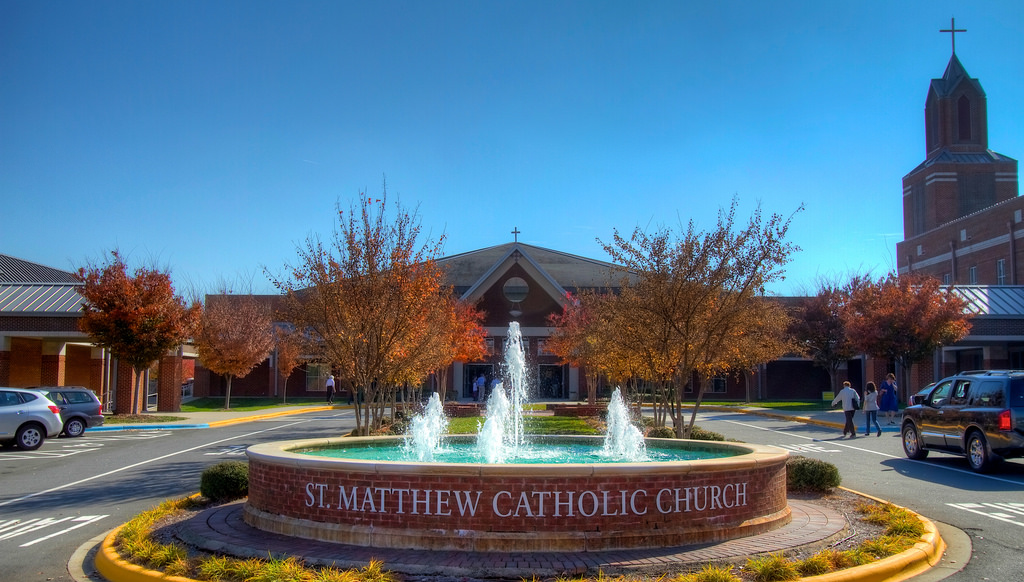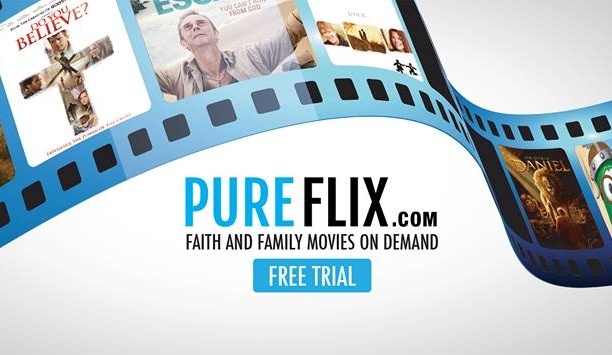
St. Matthew’s Catholic Church in Charlotte, North Carolina, is likely the largest parish in the U.S., and much of its growth is intentional and based on the evangelical megachurch model. The parish, with 10,000 registered households, grew from 237 families 30 years ago and mirrors the rapid growth of Charlotte in recent decades. The church looked outside the Catholic tradition for its expansive and welcoming ministry, particularly since studies have shown that only a quarter of parishes seat 1,000 people or more, turning to Rick Warren’s Saddleback megachurch in California. The parish’s use of small group ministry especially draws on the megachurch model, though with a difference. Unlike their Protestant counterparts, Sunday homilies at St. Matthew’s are based on the week’s Scripture reading and are too brief to generate small group discussion. Instead, parishioners sign up to watch videos that lead to discussions in the small groups. As with many other megachurches, the parish has recently opened a satellite church 10 miles away to serve families with small children who may have difficulty making the drive to the main campus. This practice allows for the establishment of a new ministry without the costly duplication of infrastructure, especially with the clergy shortage. (Source: America, May 1).

Pure Flix, a faith-based entertainment production and distribution company, is seeking a corner of the market dominated by giants such as Netflix in its recently established on-demand streaming service. The Scottsdale, Arizona, based company has produced popular Christian and inspirational programming such as God’s Not Dead and The Encounter, a series about people who are visited by Jesus, and The American Bible Challenge game show hosted by Jeff Foxworthy. The company has recently premiered its newest film The Case for Christ about a journalist investigating Christian claims in 1970s America. As of March, pureflix.com had nearly 715,000 visitors and a subscription base of 250,000 viewers. On-demand services allow Christians of different denominations and traditions to find content that caters to their individual interests and beliefs—a narrow casting approach not amenable to a theatrical feature film. At the same time, Pure Flix executives are building a strategy to draw a secular audience and to make content that moves beyond “preaching to the conservative.” (Source: New York Times, April 23)
